At Nat Geo Kids UK, we’re passionate about our natural world.
That’s why, back in 2018, we decided to get serious about doing
We’ve done heaps of awesome stuff since then to clean up our act and make
PRE-2018
Every issue of National
Geographic Kids came
wrapped in a non-recyclable
plastic bag, with a plastic
toy inside. Yuck!

The magazine was printed in
Poland while the toys were
made in China, and all that
international transport made
our wonderful magazine a
big source of greenhouse
gas emissions. Double yuck!
2018
JUNE
Operation Plastic-Free begins!
We remove plastic bags from magazines sold in stores and package our gifts in paper envelopes which are stuck to the cover with plastic tape. Take that, plastic!
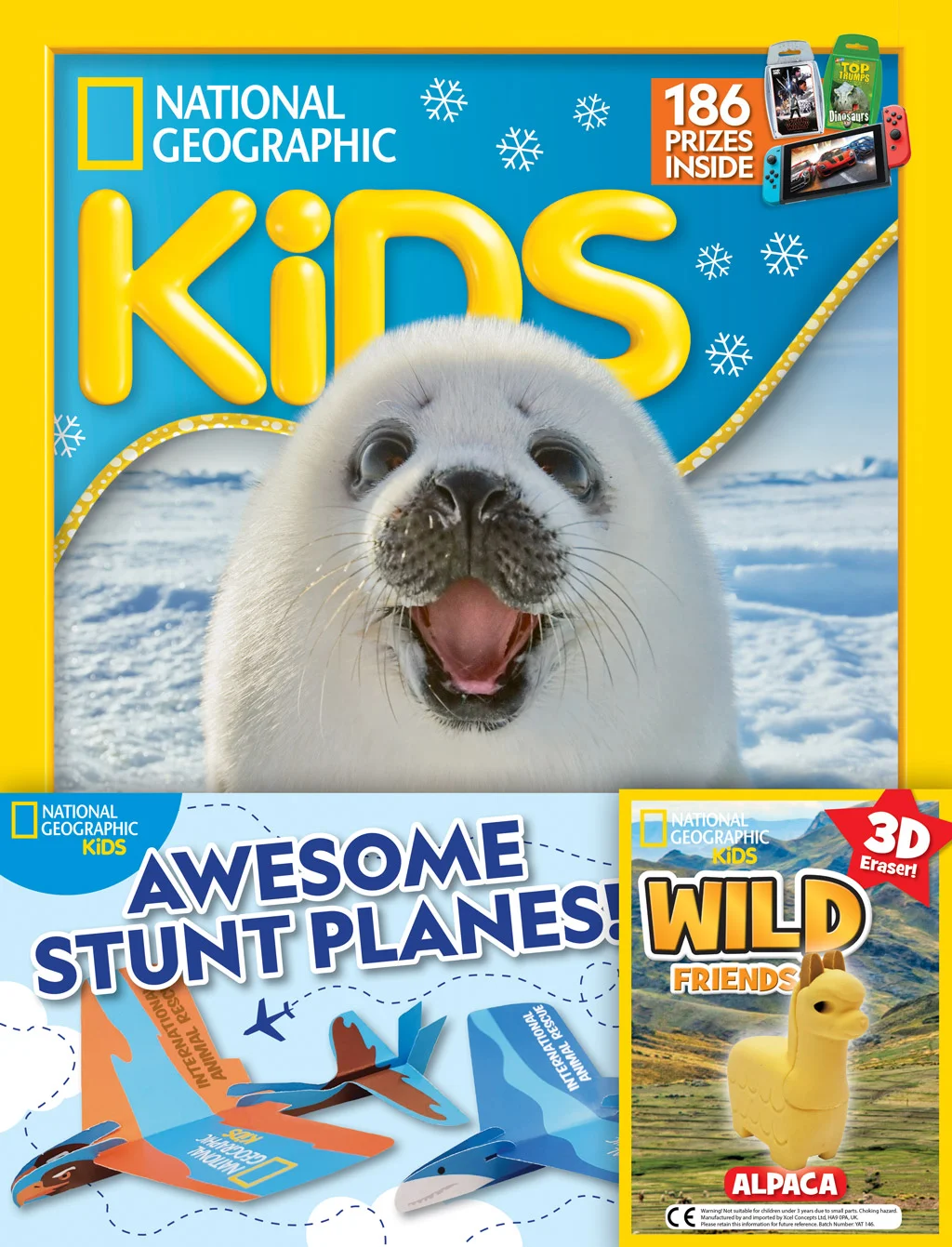
Unsold magazines wrapped
in plastic are harder to
recycle and more likely to
end up in landfill than other
unsold magazines.
august
Swedish teenager and activist
Greta Thunberg launches
Fridays For Future, youth-led
school strikes calling for
climate action. Millions of
young people across the
world take part!
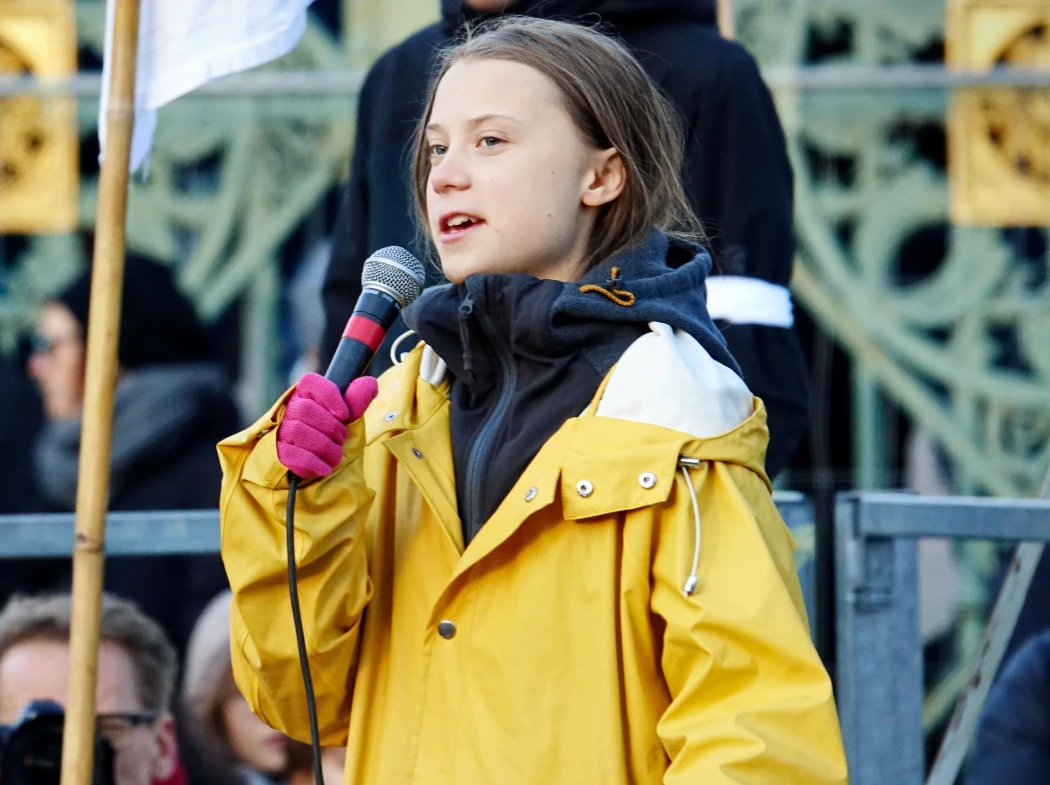
DECEMBER
Paper gifts are introduced
For the first time, we switch
the magazine’s plastic gifts
for recyclable paper gifts
made in China. They’re a
success, so we start swapping
more and more…
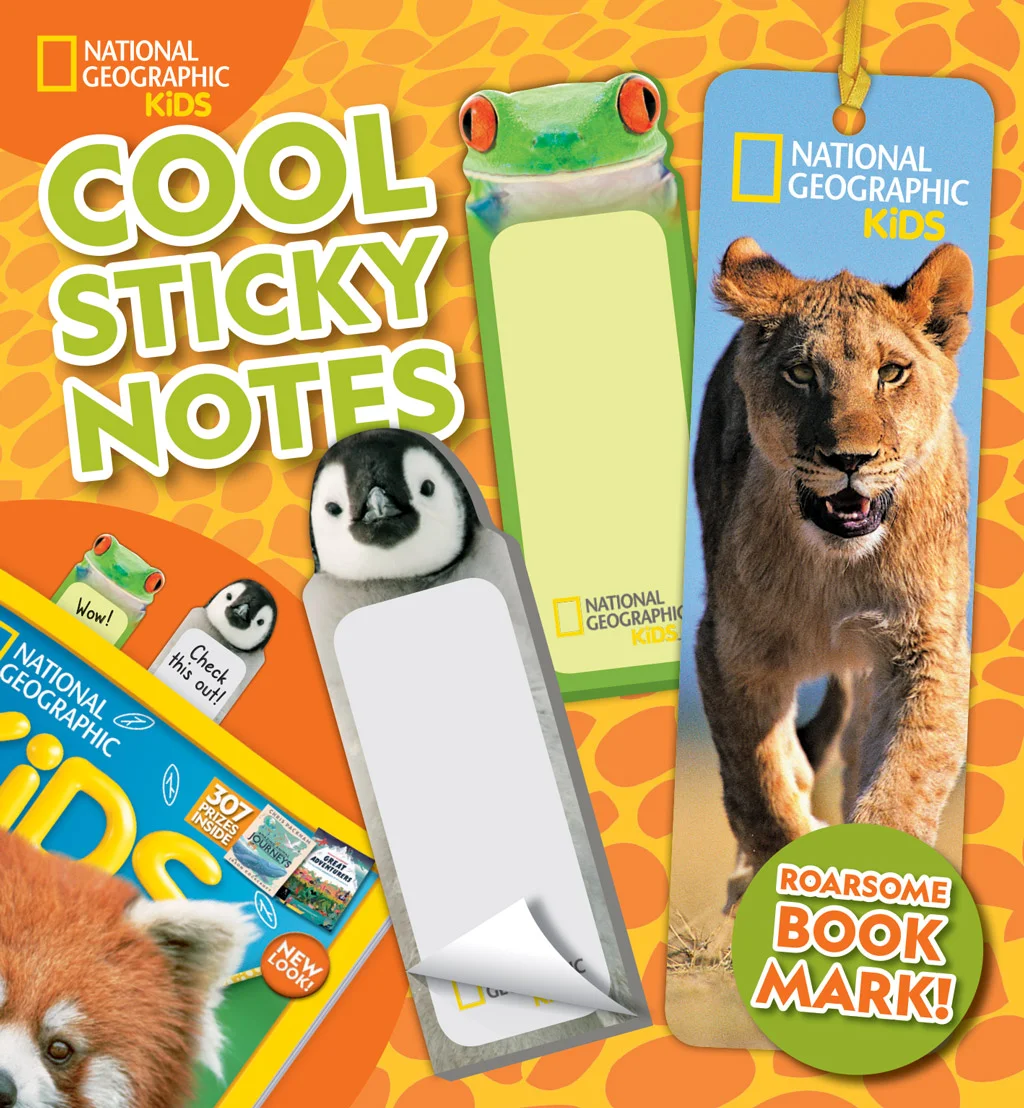
2019
JULY
Plastic toy ban
Primary schoolgirls Ella and
Caitlin McEwan start a
petition asking fast food
restaurants like Burger King
and McDonalds to stop
giving away plastic toys
with kids’ meals.
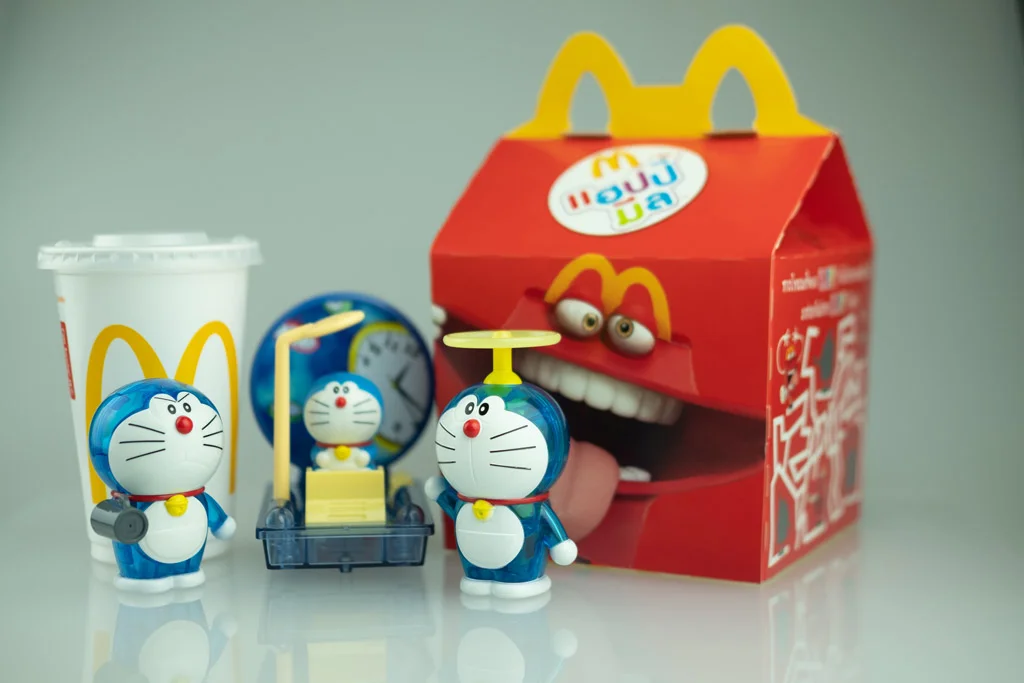
Half a million people sign
their petition and by the end
of the year, both chains swap
to more sustainable toys.
AUGUST
Bye-bye plastic post!
We stop packaging our
subscription issues in plastic
bags and swap to recycled
paper envelopes instead.
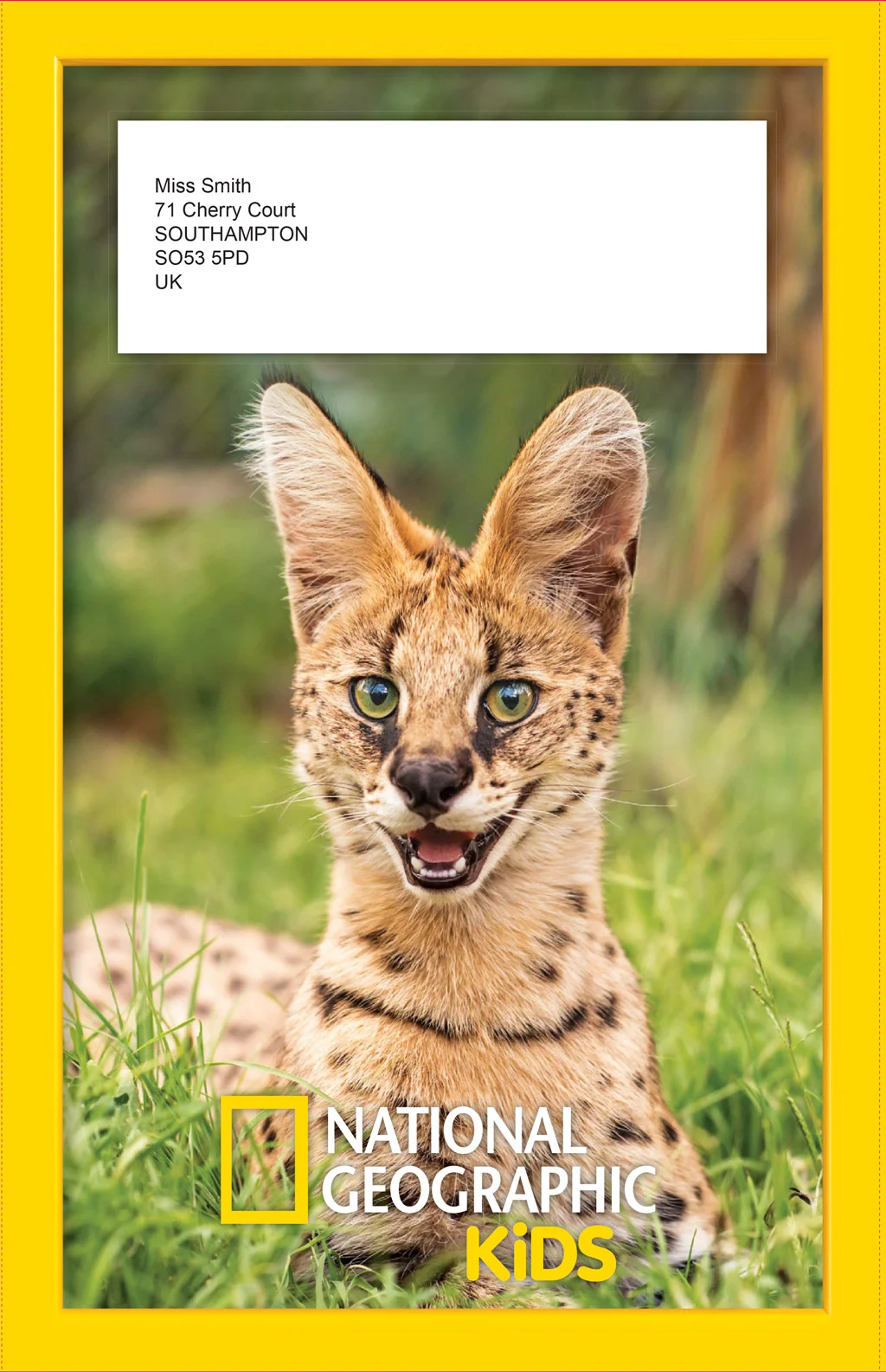
By switching to paper
envelopes, we stopped over
4 million plastic bags being
created between Autumn
2019 and Spring 2022!
Printing moves to the UK
Instead of printing the
magazine in Poland, we
start using a UK-based
factory, saving every issue
a 1000-mile lorry journey
across Europe!
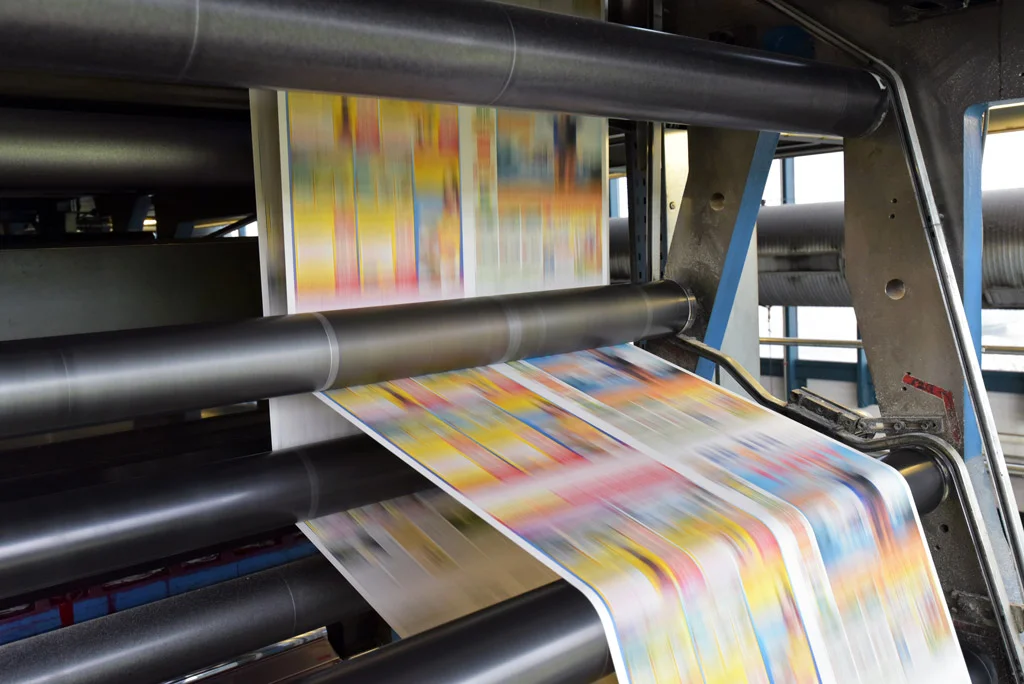
This prevents almost 21
metric tonnes of carbon
dioxide (a climate-change-
causing greenhouse gas)
emissions per year –
equivalent to removing
around 46 cars from the road!
2020
MARCH
COVID-19 arrives
As the first COVID-19
lockdown begins in the UK,
schools close and the Nat
Geo Kids team start to work
online from home.
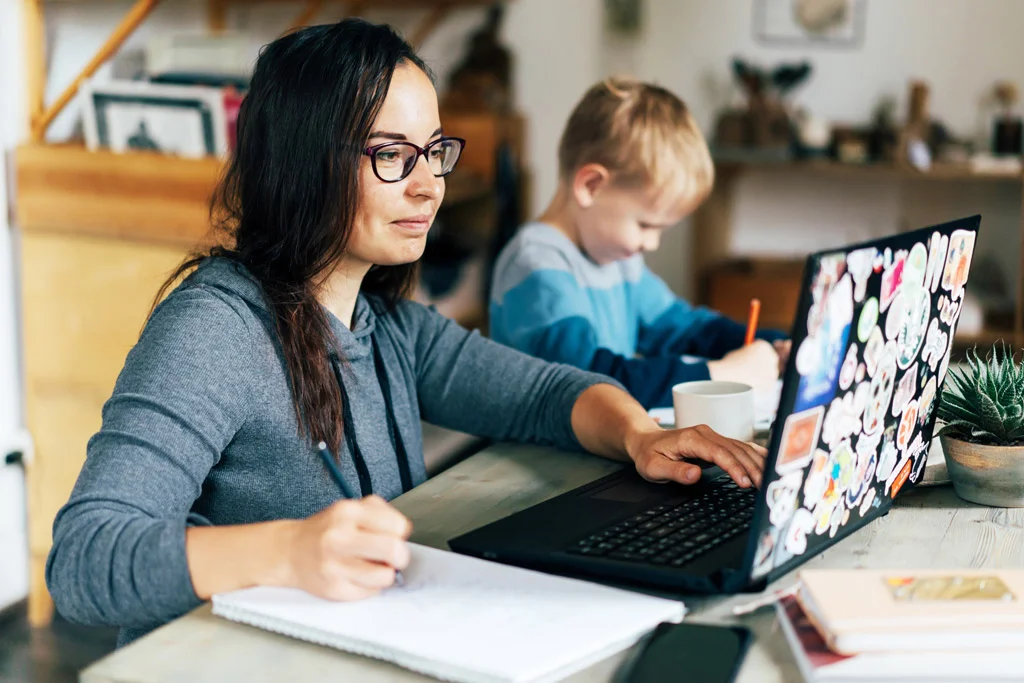
Free digital magazine!
In response to the worsening
pandemic, we make our
digital issue FREE during
the school closures to help
parents support kids
learning at home.
APril
Magazines for the NHS
We start donating 1,000
free magazines to the NHS
every month, to support
kids in hospitals around
the UK.
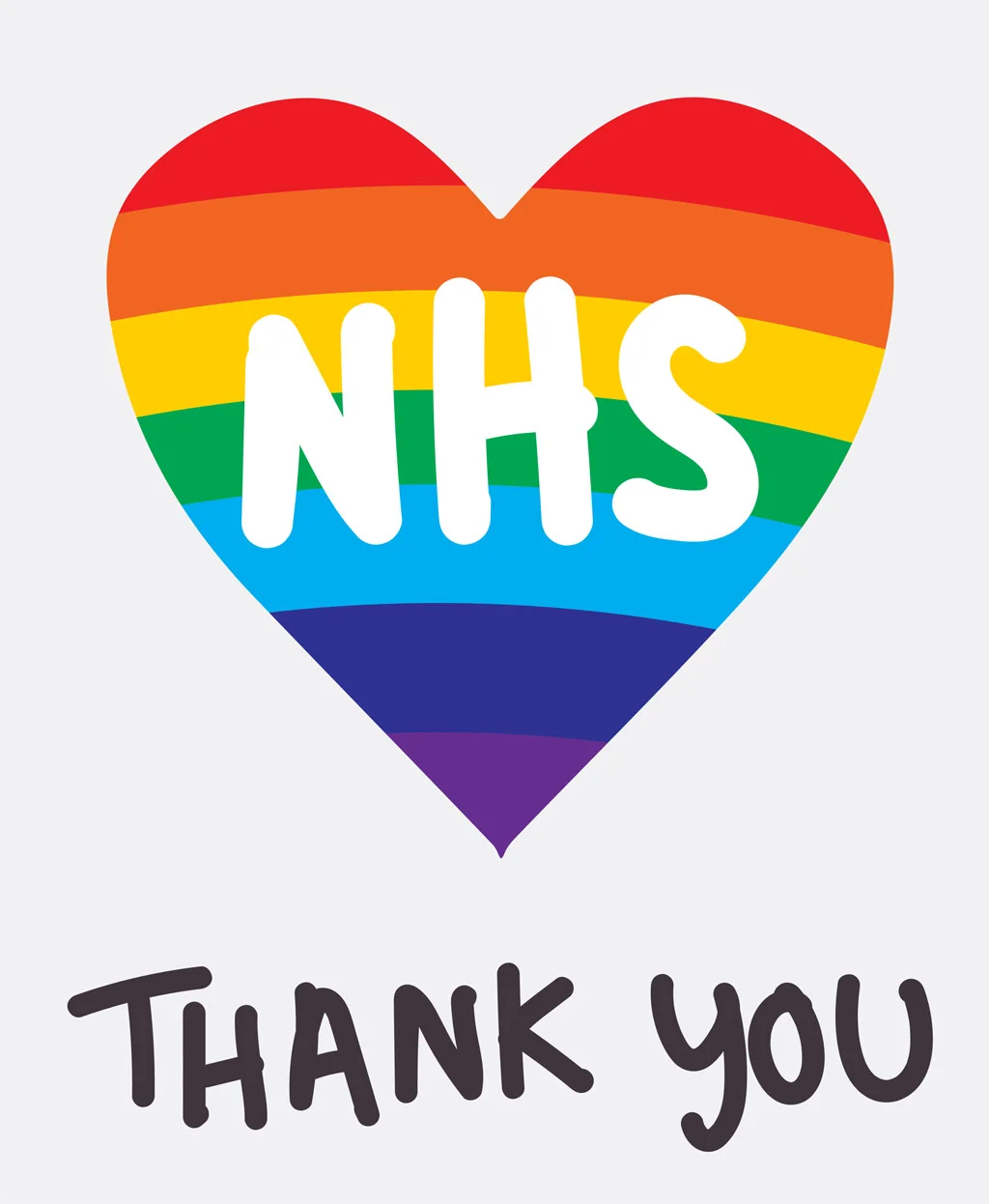
October
Return, reuse, recycle!
We cut down on waste by
returning unsold magazines to
the finishers for a quality
check. The best mags are
re-sold in double issue packs
or donated to schools and
charities; others are recycled.
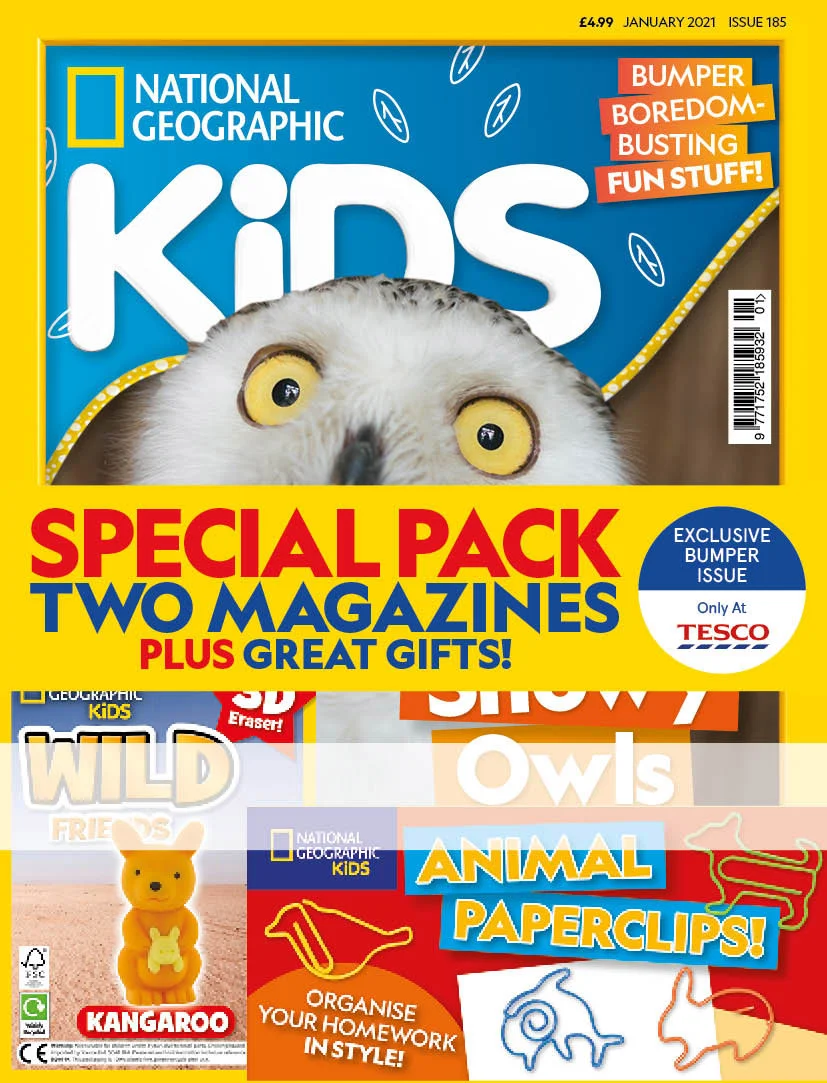
From Autumn 2020 to
Spring 2022, over 280,000
unsold Nat Geo Kids mags
were given a second life as
part of a double issue pack.
November
Local paper gifts
We start sourcing paper gifts in the
UK, rather than shipping them over
from China – saving tons of
greenhouse gas emissions from
all that transport. The new gift
printers are a B Corp company with
a great reputation for protecting
the environment – fantastic!
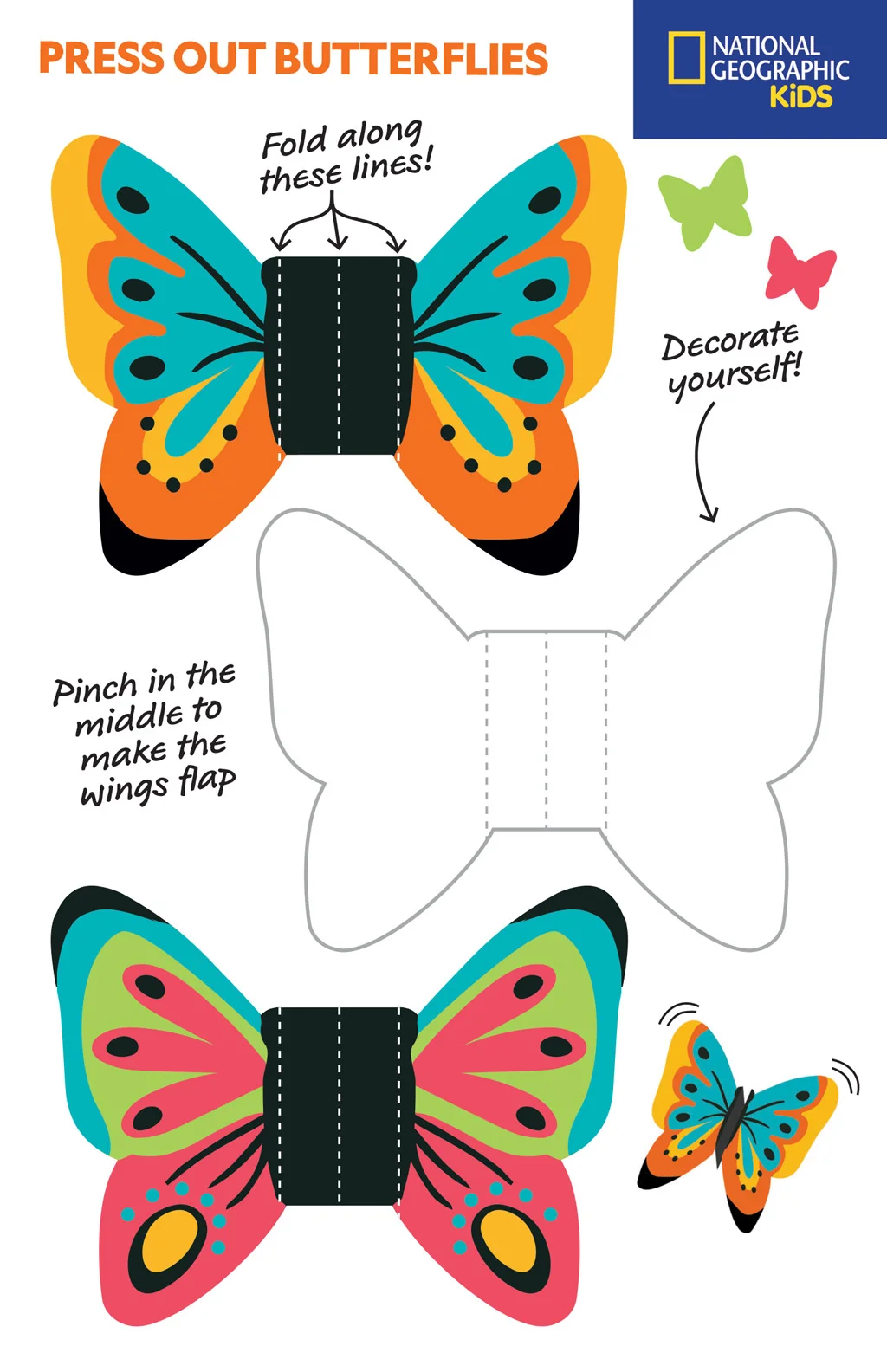
Certified ‘B Corp’ companies
have high standards for how
they impact the environment
and treat their employees.
They are open and honest
about everything they do, so
anyone can see what’s going
well and what still needs
improvement.
2021
April
100% paper-based
We commit to making our
gifts 100% paper-based,
with the occasional exception
of free seeds and stickers!
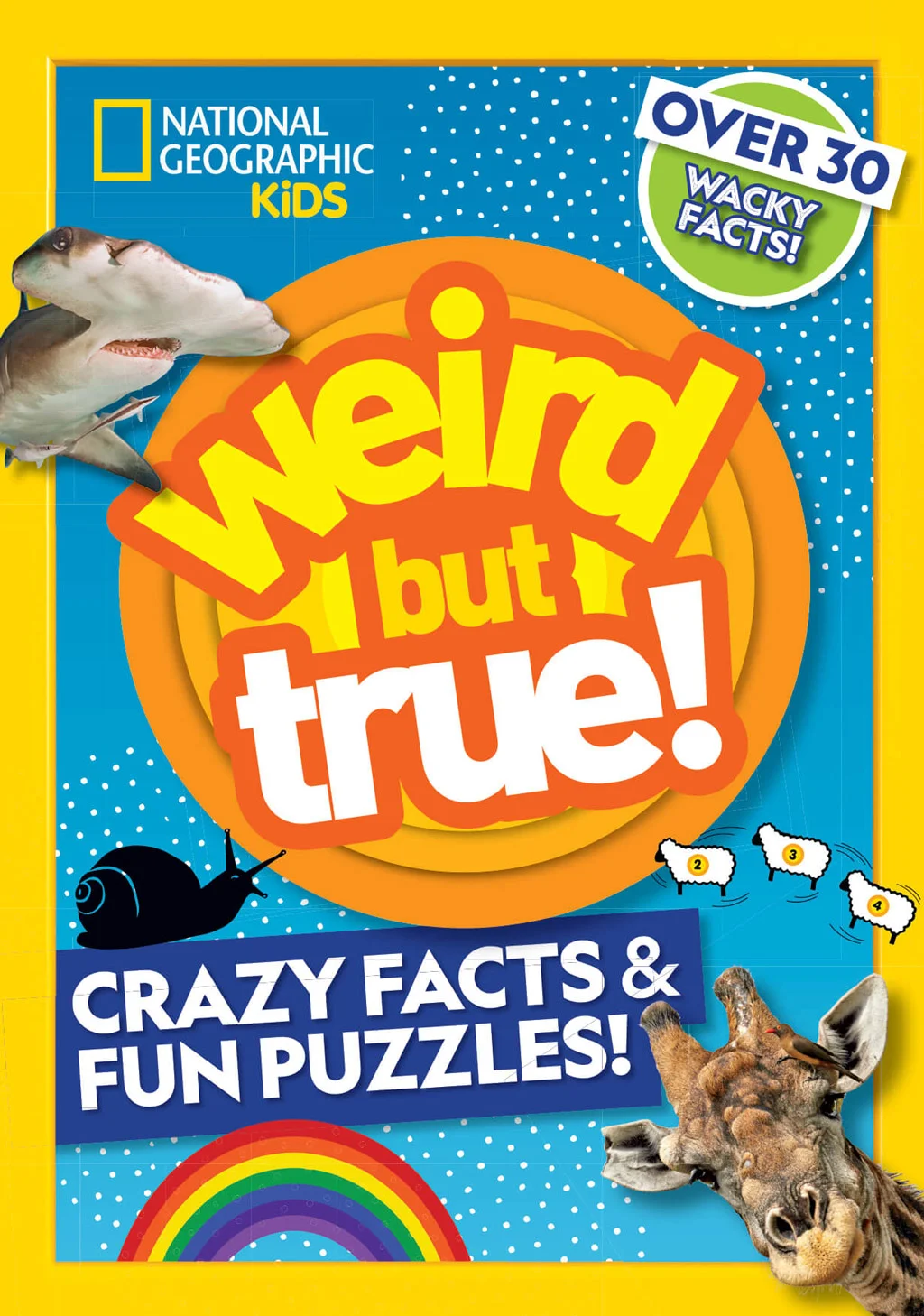
By switching to paper gifts
and packaging, we’ve
removed over 700,000
pieces of plastic per year
from Nat Geo Kids magazines!
june
Recycled paper!
We start printing the
magazine on recycled paper
rather than certified
sustainable paper. That
means NO trees are cut
down to make it – yay!
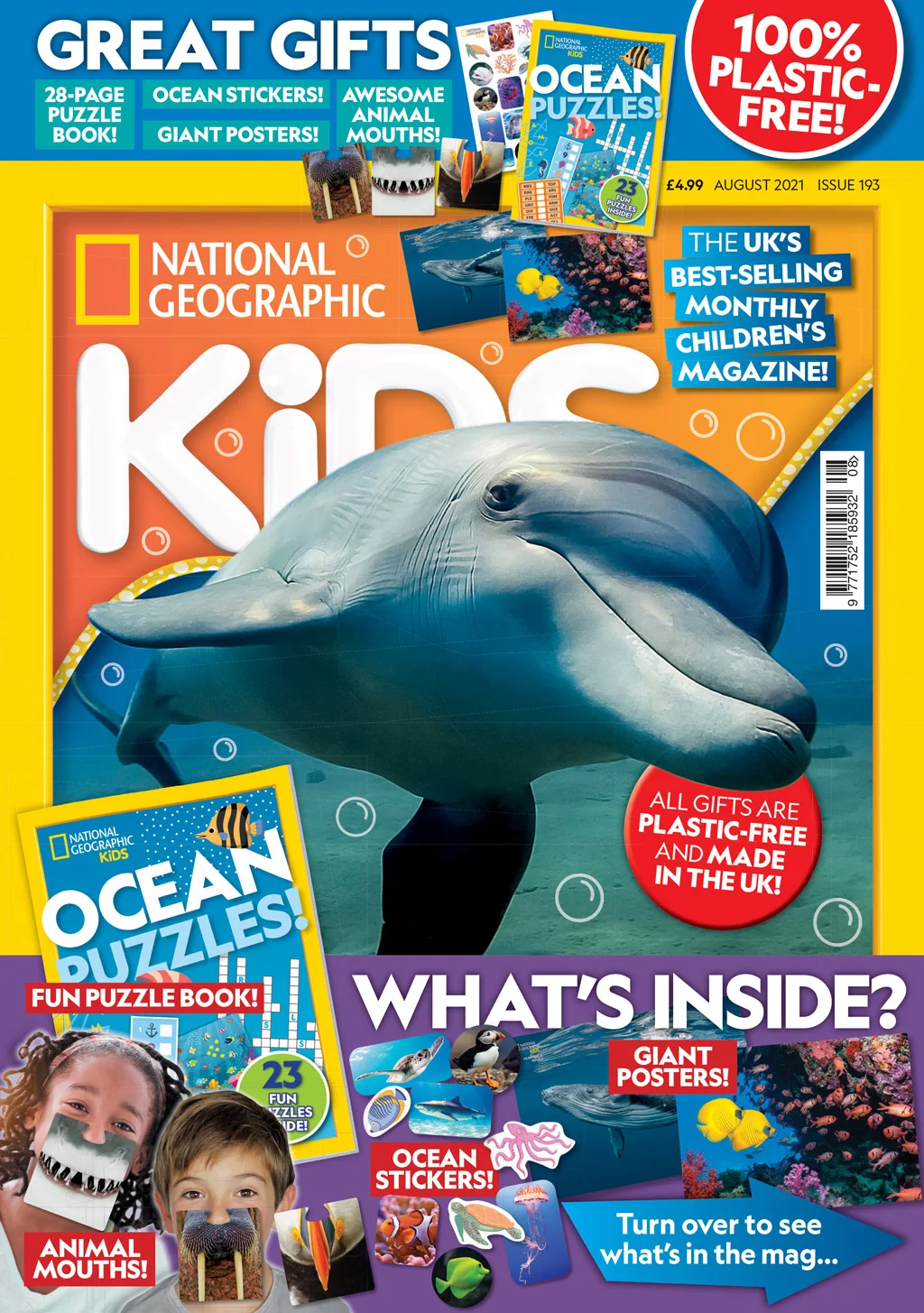
Envelopes in stores
We remove the plastic tape used to keep gifts secure on in-store copies and put everything inside a paper envelope instead. Stylish, safe and more eco-friendly!
Using envelopes saves over
100km of tape per year –
enough to stretch between Nat
Geo Kids HQ in London and
Portsmouth on the south coast!
july
Mission B Corp
We start the journey towards
becoming a B Corp, working
with our suppliers and staff to
become a better business for
people and the environment.
We look closely at everything from
how much electricity we use, to
how much we pay our employees,
to who we work with – all while
producing a fantastic magazine
for you to read!
100% plastic-free!
We remove the magazine’s
recyclable plastic-coated
cover and replace it with a
recycled paper one. This
means the magazine is now
100% plastic-free – hooray!
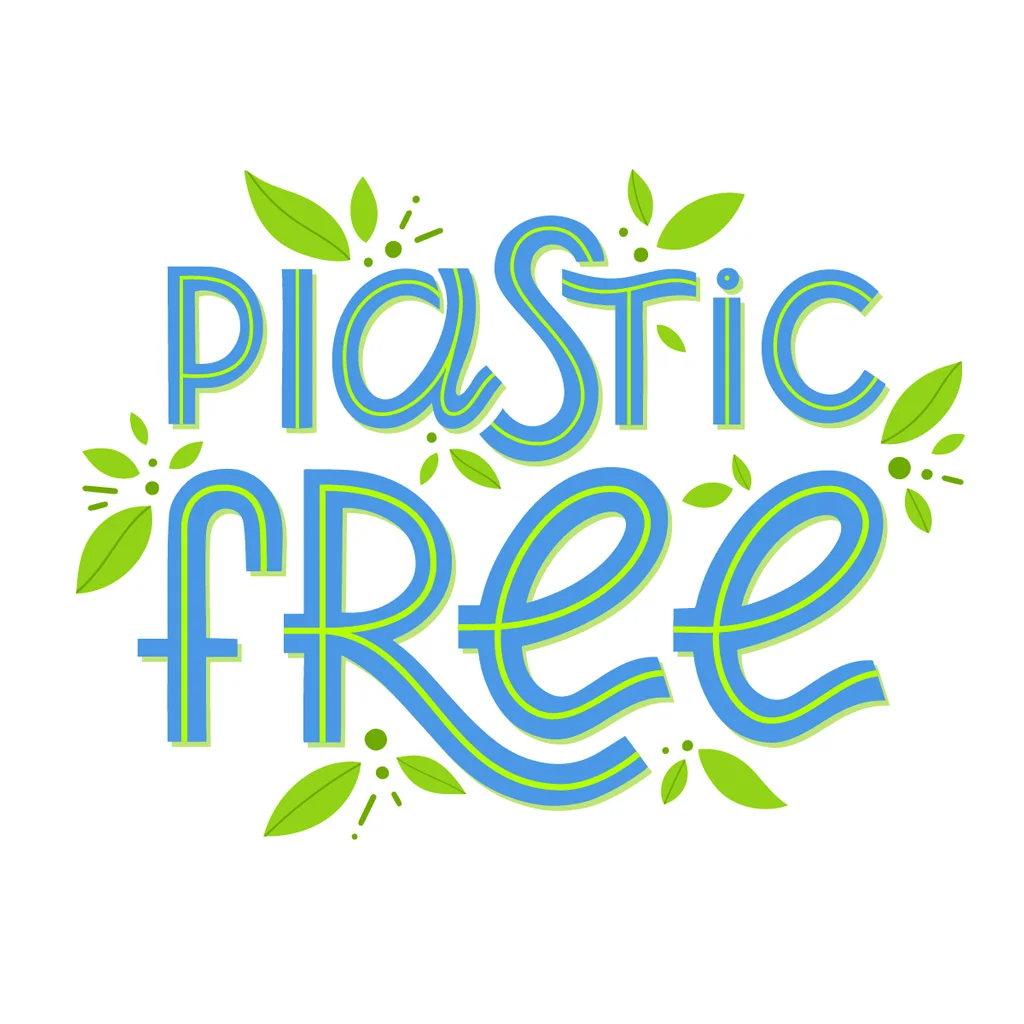
August
Paying fairly
We become an Accredited
Living Wage Employer,
promising to pay people more
than the minimum amount
set by the government. This
ensures our staff don’t have
to worry about having
enough money for everyday
things like food shops,
cosmetics and toiletries.
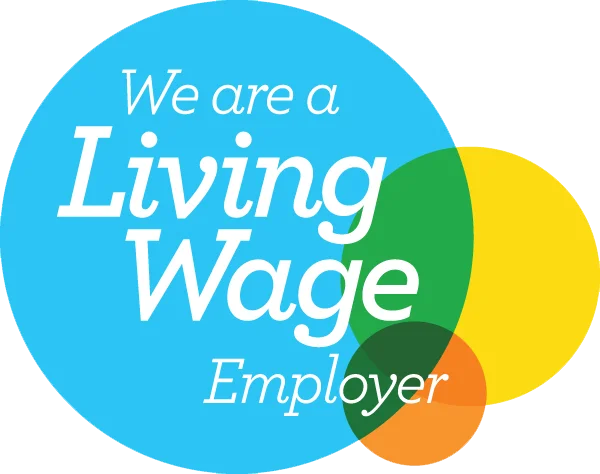
In 2021, only 9,000 UK
businesses were Accredited
Living Wage Employers.
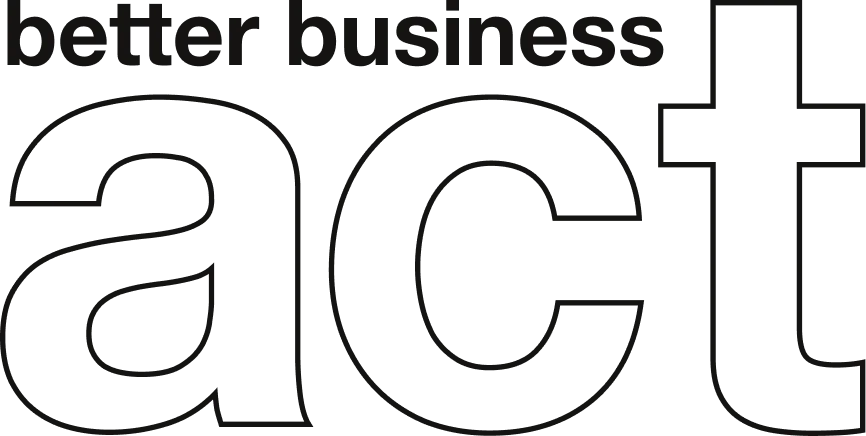
Better business
Creature and Co. (the company
which publishes Nat Geo Kids UK)
declares support for the Better
Business Act, which asks the
government to make every single
company treat caring for their
environment, employees and
community as equally important
to making money.
OCTOBER
Tracking emissions
We start tracking Nat Geo
Kids HQ emissions by
recording how much energy
we use at our London office
and while working from home.
This helps us understand our
carbon footprint and plan
how to reduce it.
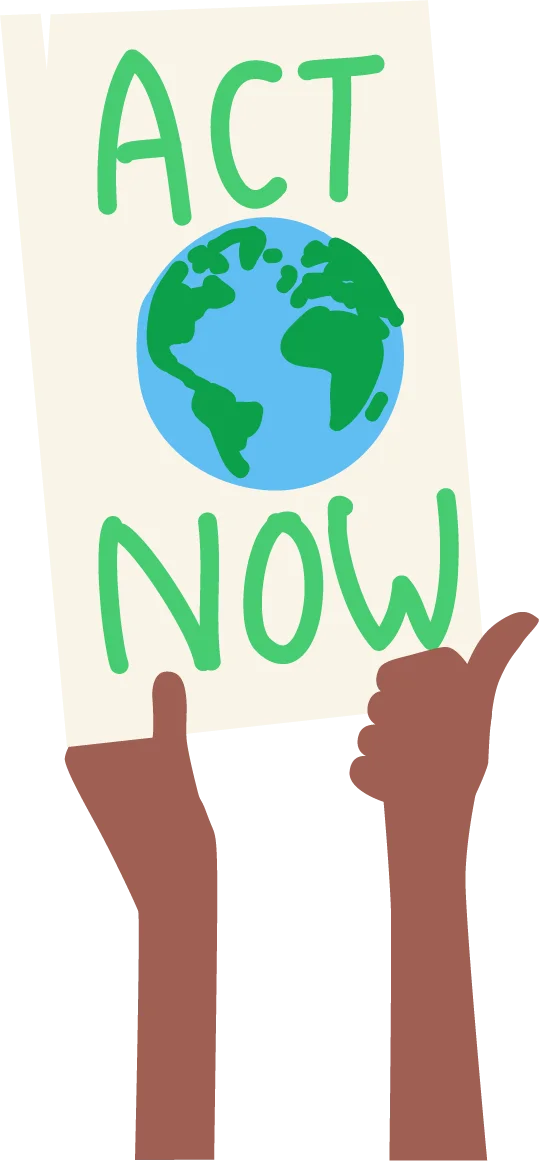
From July 2022, we will start
reducing our emissions,
helping the world keep
global warming to no more
than 1.5°C.
november
COP26 takes place
At the international climate
change event, world leaders
agree to reduce greenhouse gas
emissions, stop deforestation
and work together to prevent
global warming.
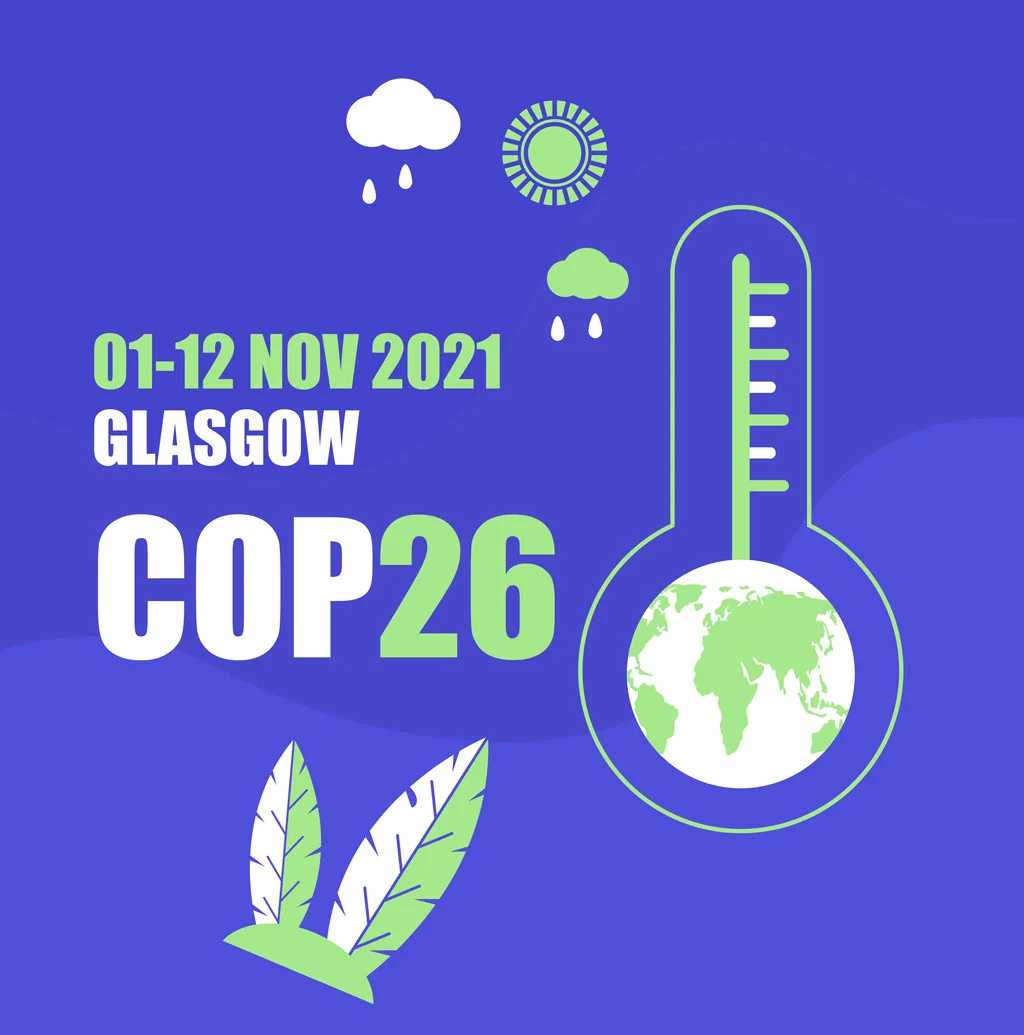
2022
JANUARY
Volunteer days
We start giving each of our
employees two volunteer
days per year, allowing them
to work on cool projects in their
community and still get paid.
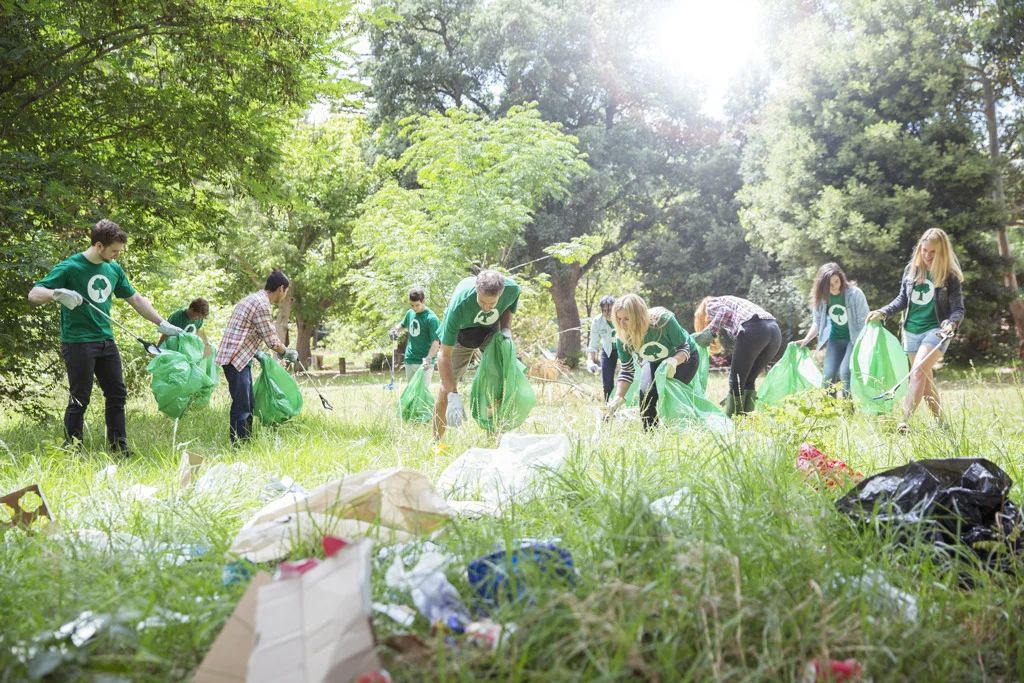
Some start volunteering with
children’s charities, while
others plan to help homeless
people and work with local
environmental groups.
today
Nat Geo Kids magazines are all
printed in the UK on FSC-
certified recycled paper and
distributed in paper envelopes.
Overall, we’ve managed to
make the magazine
100% plastic-free. Yay!
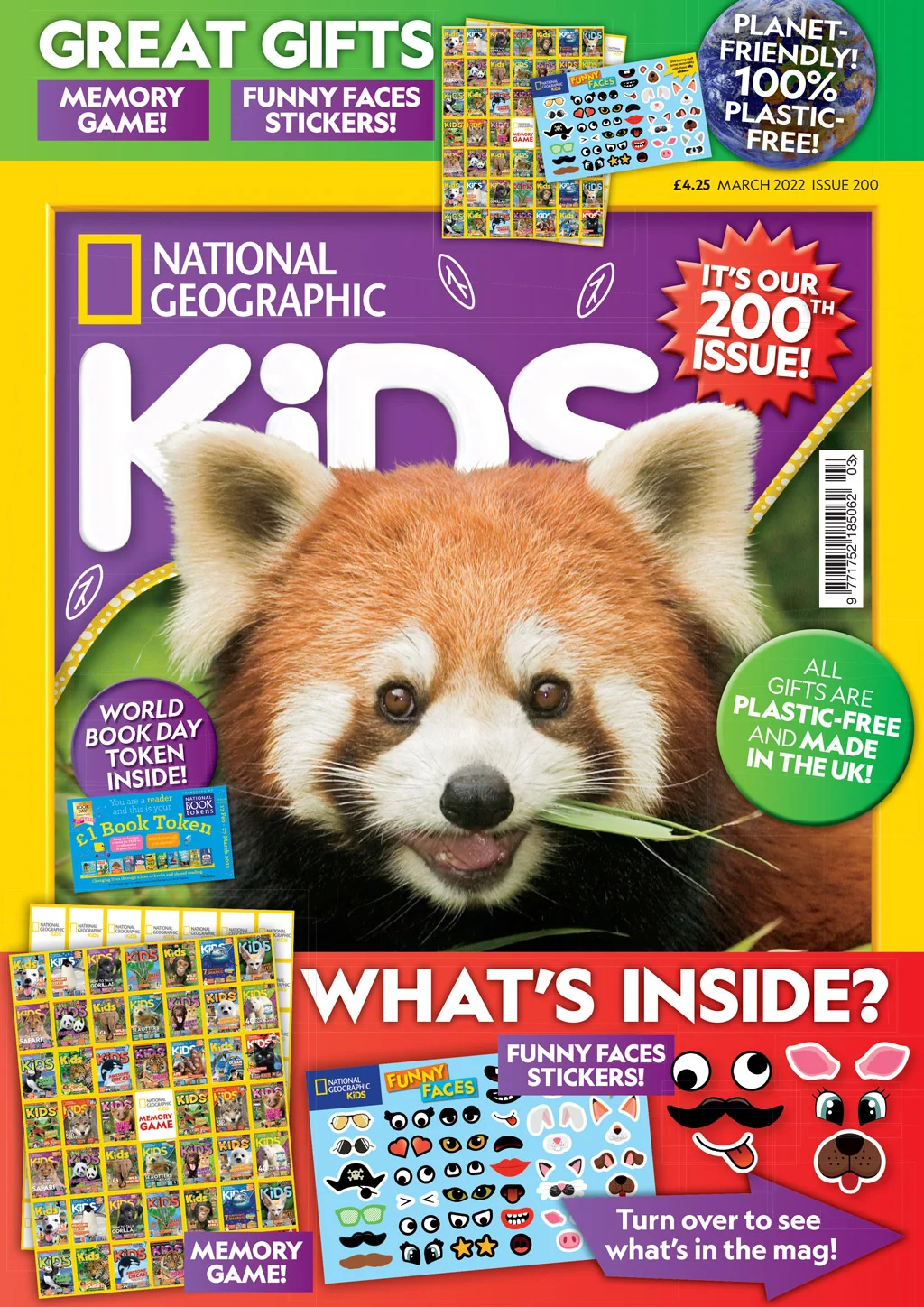
There are no plastic gifts, we
work with UK-based
suppliers and, with the
exception of occasional seed
packets, all our gifts are
made in the UK too.
We’re really proud of our achievements so far,
but next comes the REALLY hard stuff…
the future
Emission Mission
We want to reduce
greenhouse gas emissions
at every stage of the
production process by
working with the companies
that print, supply, distribute,
and recycle our magazine.
We’re aiming to reduce our emissions
in line with a global agreement
made at COP21 in 2015, which aims
to cut emissions to zero by 2050. But
we’re trying to be even more
ambitious – so watch this space!
Do Better
We’ll continue to be guided
by the UN Sustainable
Development Goals, doing
things that have a long-term
impact benefitting people or
the planet – both, wherever
possible! Plus, we’ll keep
teaching YOU about these
goals and share all the ways
you can get involved.
Share Success
In addition to paying our staff
a fair salary and contributing
to community projects, we
want to keep helping
disadvantaged kids by giving
away free copies and
contributing to programmes
that give extra help to
children learning to read.






